
Radar | Aug 13,2022
Apr 22 , 2023
By Bjorn Lomborg
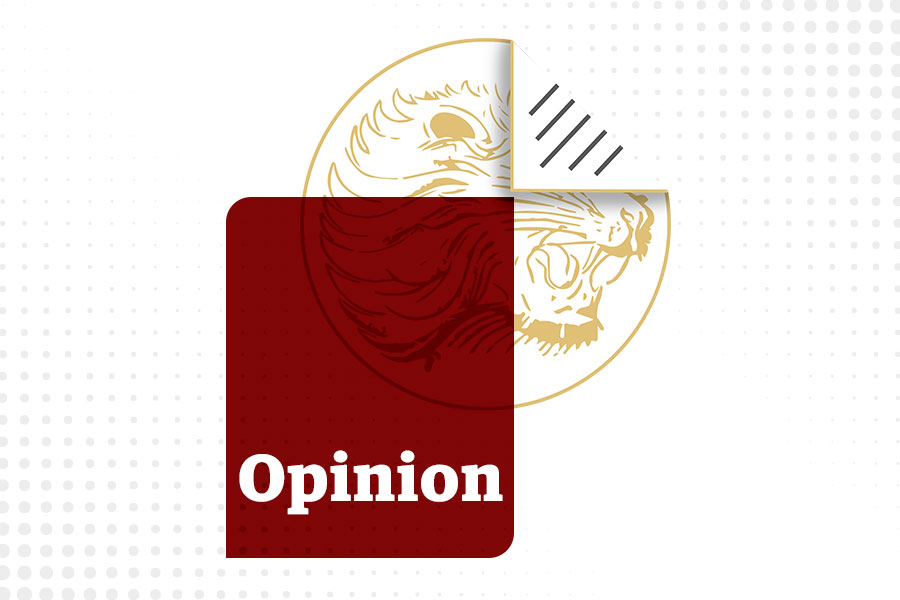 Most people in the developed world do not have to worry about losing the right to live where they do. Having a deed or a rental contract, it is unlikely that someone would turn up with their paperwork and kick them out. This security means owners that build a new kitchen know they can enjoy it for decades or increase the value of their property when they sell.
Most people in the developed world do not have to worry about losing the right to live where they do. Having a deed or a rental contract, it is unlikely that someone would turn up with their paperwork and kick them out. This security means owners that build a new kitchen know they can enjoy it for decades or increase the value of their property when they sell.
Farmers can plant trees that take years to mature, knowing they won't be kicked off the land by the time they bear fruit.
Imagine being unsure about owning a house.
For most people in developing countries, secure property rights are a rare luxury. Globally, 70pc of the world's population has no access to formal land registration systems. One in five, or almost a billion people, consider it likely or very likely they could be evicted in the next five years. In Ethiopia, 25pc consider themselves insecure even in their property.
Getting more land security is one of the many goals that world leaders signed up to achieve by 2030 when they set the Sustainable Development Goals (SDGs) in 2015. This year we will be at halftime for these global goals, but we are nowhere near halfway to completion. Indeed, despite many development organizations focusing on achieving better land tenure, progress has been negligible, with no country reporting any progress.
In a recently-published research paper, the former lead land specialist at the World Bank, Frank Byamugisha (PhD), and his colleagues show that developing better land registration systems would deliver tremendous benefits. The researchers focused on Sub-Saharan Africa because it has the lowest proportion of land officially mapped and categorized by governments. At 14pc, Sub-Saharan Africa has the weakest land property rights and the highest levels of disputes. The continent has by far the most adults insecure in property tenure, along with the highest cost of registering land worldwide.
Path-breaking countries like Rwanda have shown how it is possible to register land, digitize the information, and provide legal mediation to resolve inevitable land disputes.
Nonetheless, achieving greater rural land security in Africa will take enormous effort because 86pc of all the continent's rural land plots are still unregistered. The total cost for the continent will run to about 21.7 billion dollars. However, the benefits would be much more significant.
When farmers know they own their land, they are more willing to make expensive investments to increase long-term productivity. They can also use their land deed as collateral to borrow money for investments like farm equipment or property expansion.
Unfortunately, there is relatively little direct evidence from Africa on what the impact would be on productivity. Researchers have to use evidence from the rest of the world, which leaves the mark less certain. Nonetheless, the evidence suggests that the benefits from more land security through higher agricultural productivity would likely increase household incomes by almost 400 billion dollars.
Spending 21.7 billion dollars to deliver almost 400 billion dollars in benefits is a rewarding investment, achieving 18 dollars of social benefits for each dollar spent.
The case for increasing land tenure security is even more vital for the almost half a billion people living in Sub-Saharan Africa's urban areas. More than a third of all urban land parcels are unregistered, and it would cost 5.2 billion dollars to survey and register this land, including the land in slums, along with setting up dispute resolution and running the system.
The benefits of tenure in urban areas are better documented: homes with secure registration are worth 25pc more on average. This is not surprising: a house is worth more simply because the owner now has the financial and psychological security of knowing she owns it. The researchers show that the benefits of providing more secure urban tenure would be about 160 billion dollars or 30 times the costs.
The world is failing to deliver on many of the most important promises of the SDGs, in part because this agenda set out to do everything at once.
Instead, we need to prioritize intelligent solutions first. Being wildly off-track on our global promises can seem unsettling, but it can also be an energizing wake-up moment. We urgently need to focus on investing in the very best solutions. Improving urban tenure security, which at low costs would make hundreds of millions of people better off, is one such investment. The world is rarely offered an opportunity that delivers up to 30 dollars of social benefits for each dollar invested. We should take it!
PUBLISHED ON
Apr 22,2023 [ VOL
24 , NO
1199]

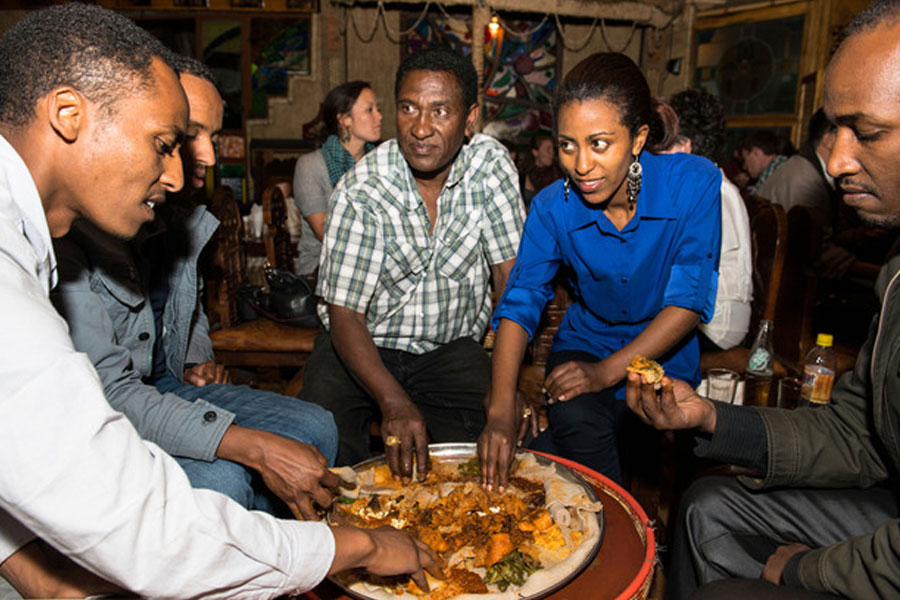
View From Arada | Feb 10,2024

Fortune News | Jul 15,2023

Radar | Dec 25,2023
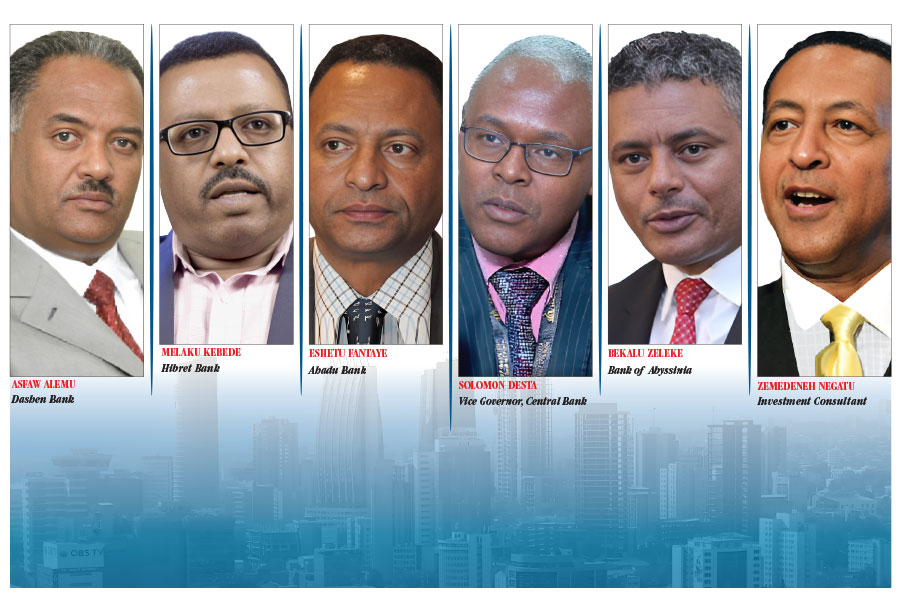
Fortune News | Nov 26,2022

Editorial | Apr 09,2023

Photo Gallery | 96184 Views | May 06,2019

Photo Gallery | 88447 Views | Apr 26,2019

My Opinion | 67013 Views | Aug 14,2021

Commentaries | 65719 Views | Oct 02,2021
My Opinion | Apr 13,2024

Feb 24 , 2024 . By MUNIR SHEMSU
Abel Yeshitila, a real estate developer with a 12-year track record, finds himself unable to sell homes in his latest venture. Despite slash...

Feb 10 , 2024 . By MUNIR SHEMSU
In his last week's address to Parliament, Prime Minister Abiy Ahmed (PhD) painted a picture of an economy...

Jan 7 , 2024
In the realm of international finance and diplomacy, few cities hold the distinction that Addis Abeba doe...

Sep 30 , 2023 . By AKSAH ITALO
On a chilly morning outside Ke'Geberew Market, Yeshi Chane, a 35-year-old mother cradling her seven-month-old baby, stands amidst the throng...

Apr 13 , 2024
In the hushed corridors of the legislative house on Lorenzo Te'azaz Road (Arat Kilo)...

Apr 6 , 2024
In a rather unsettling turn of events, the state-owned Commercial Bank of Ethiopia (C...

Mar 30 , 2024
Ethiopian authorities find themselves at a crossroads in the shadow of a global econo...

Mar 23 , 2024
Addis Abeba has been experiencing rapid expansion over the past two decades. While se...
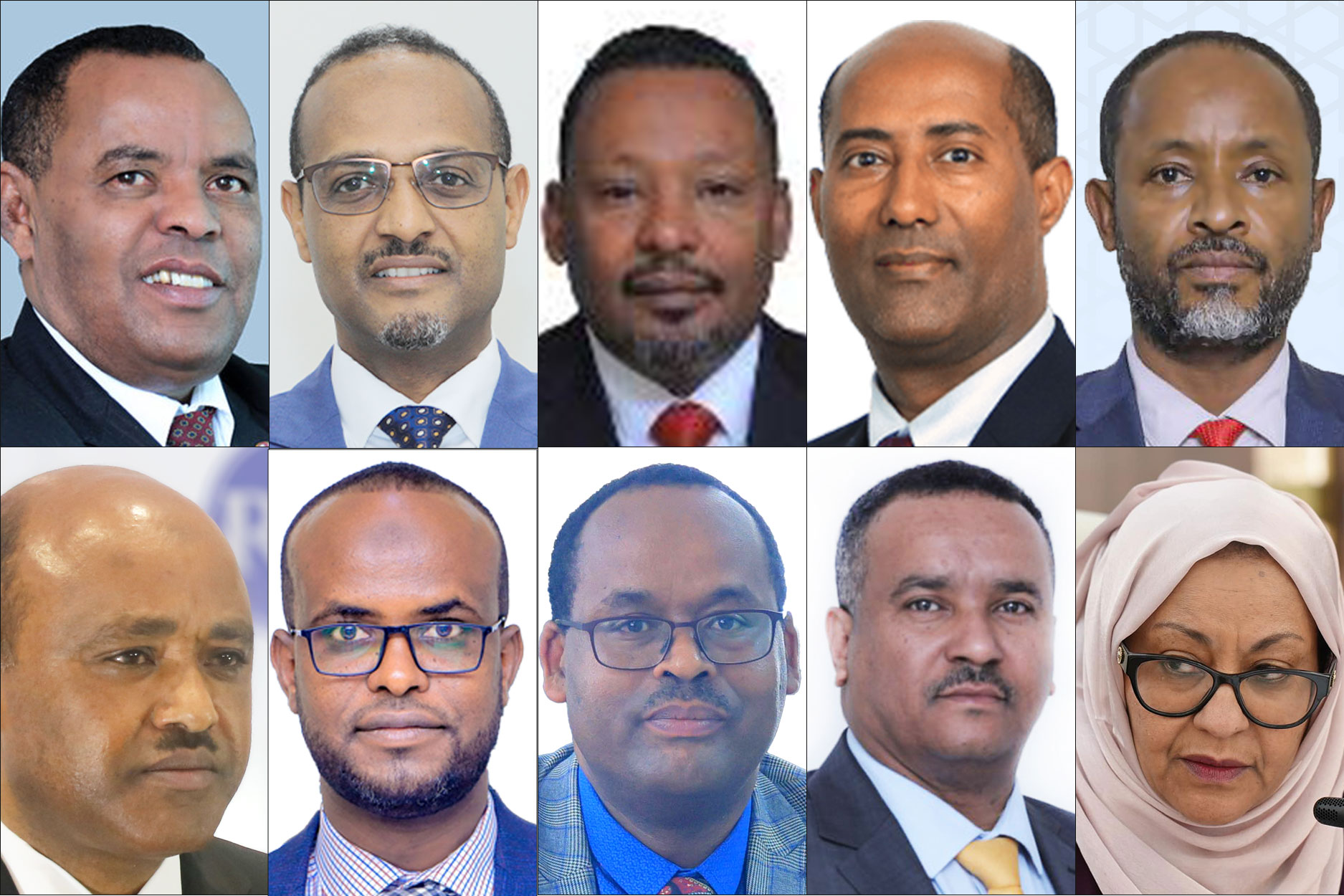
Apr 13 , 2024
A severe financial stranglehold has been imposed on the banking industry, underminin...
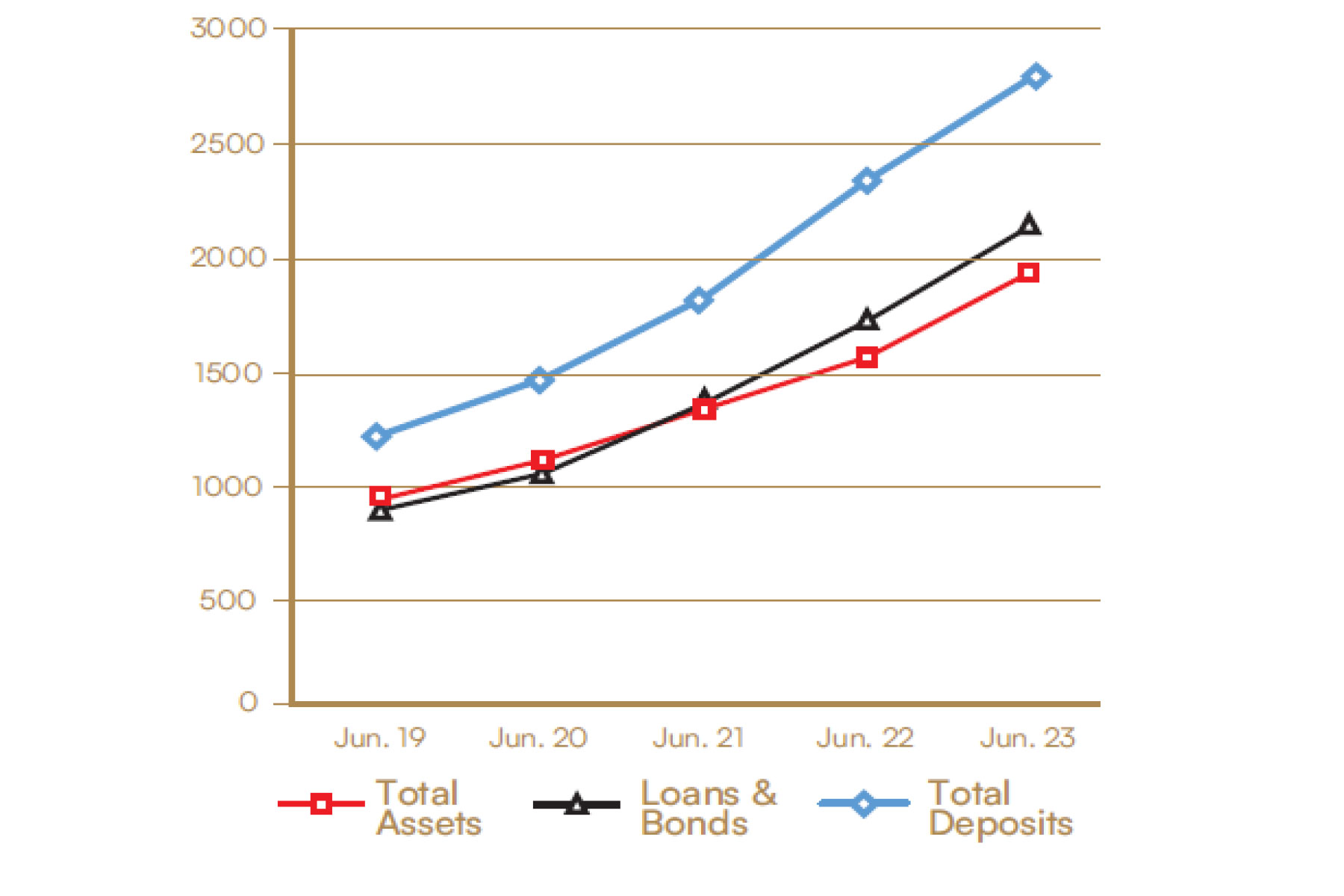
Apr 13 , 2024 . By MUNIR SHEMSU
In an unprecedented move, the central bank has published its inaugural stress test report, uncovering potential fault lines within the finan...
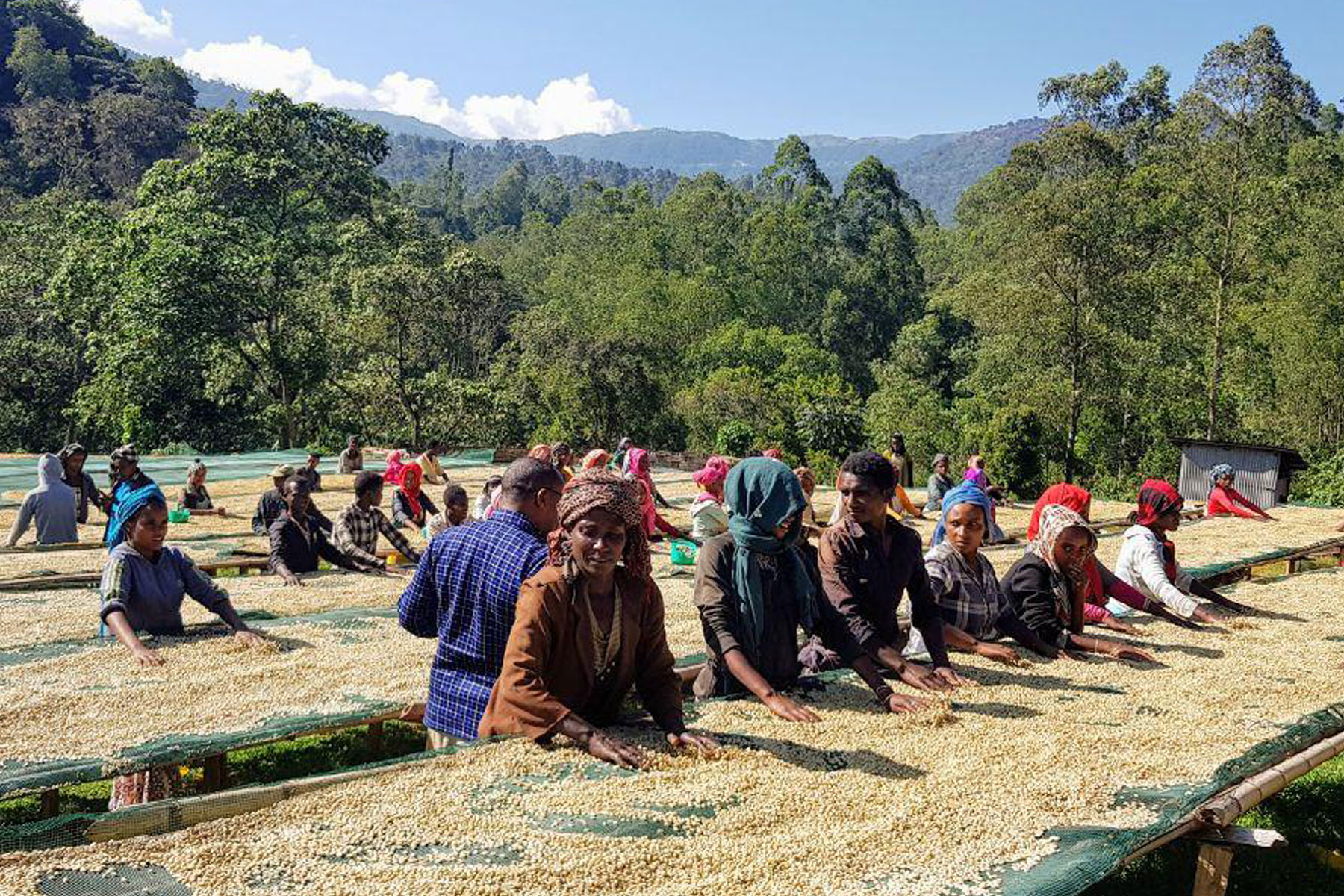
Apr 13 , 2024 . By MUNIR SHEMSU
In a bold departure from its historical position on foreign investment, the federal government has opened...
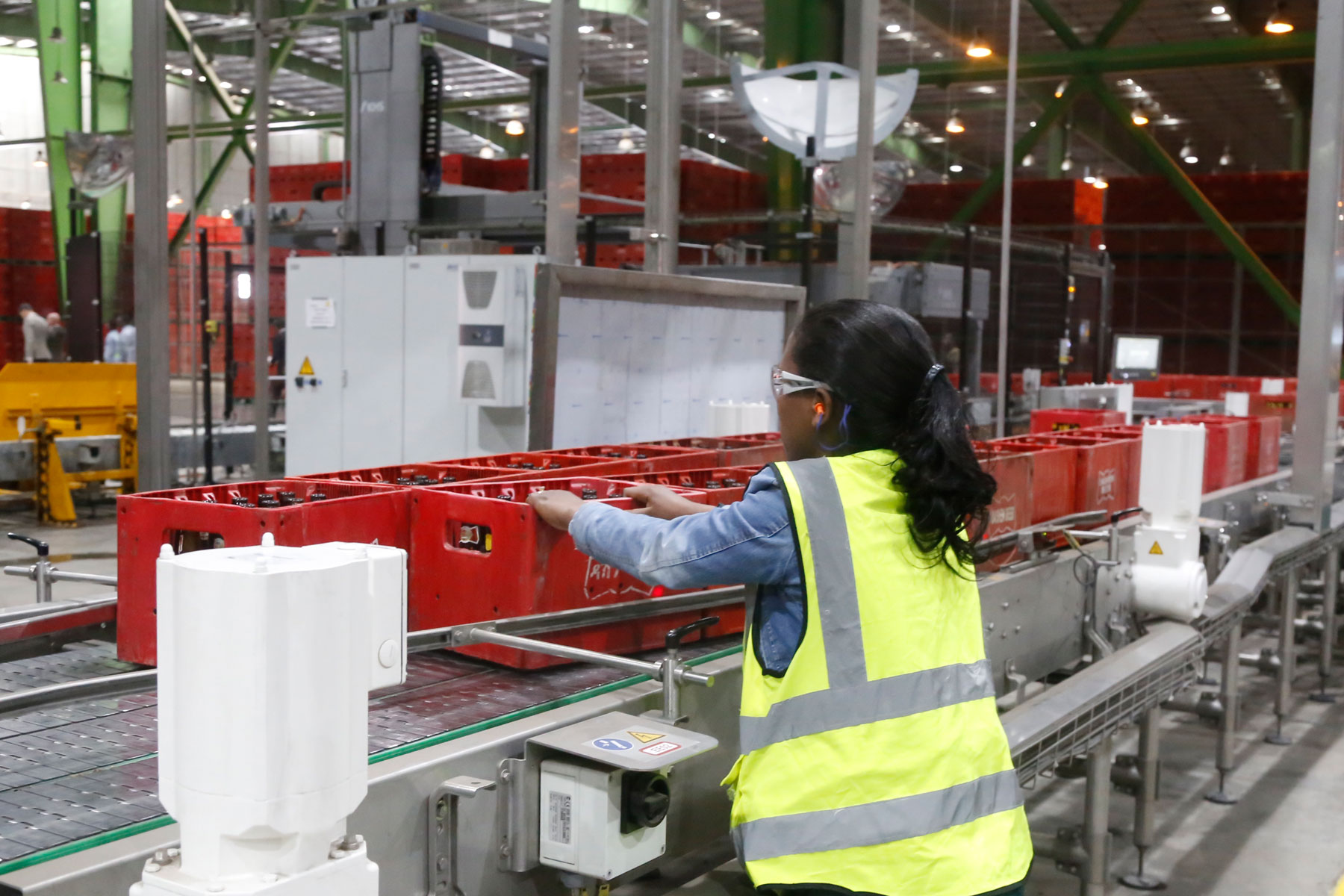
Apr 13 , 2024 . By AKSAH ITALO
A proposed excise tax stamp system draws controversy amongst industry leaders in the alcohol, tobacco, be...